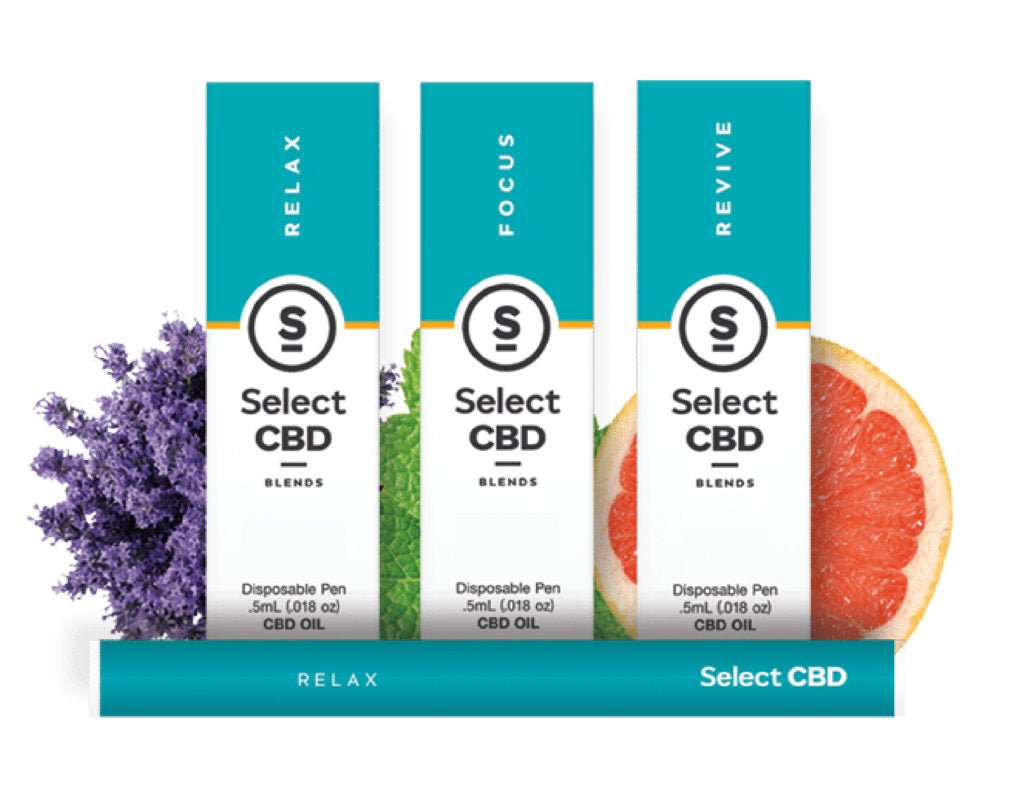
Data from two recent studies suggests that cannabinoids including CBD, CBG and CBL can help stop the growth of colorectal cancer cells in humans, reports Forbes.
Colorectal cancer was the second most fatal type of cancer in the US in 2020, according to the US Centers for Disease Control and Prevention (CDC). It’s about a third as deadly as lung cancer. In terms of raw numbers, the American Cancer Society estimated 149,500 people were diagnosed in 2021. And colorectal cancer was responsible for nearly 52,000 deaths, per the CDC.
THC wasn’t included in either study. “But,” Lindsey Bartlett wrote for Forbes, “the studies do indicate that entourage effect with other cannabinoids like CBD, CBG, and CBL working in concert help to propel the ‘anti-proliferative’ effect. One of the studies even points to the entourage effect with cannabinoids and mushroom extracts working together to reduce the cancer cells.”
“The studies do indicate that entourage effect with other cannabinoids like CBD, CBG, and CBL working in concert help to propel the ‘anti-proliferative’ effect. One of the studies even points to the entourage effect with cannabinoids and mushroom extracts working together to reduce the cancer cells.”
— Lindsey Bartlett, for Forbes
In Product Trials, Cannabinoids Eliminate 90 Percent of Cancer Cells
Tests for a new product called Cannabotech Integrative-Colon found that a blend of cannabinoids and non-psychoactive mushrooms eliminated more than 90 percent of colon cancer cells in a cell model.
The study’s lead researchers, an oncologist and pharmacologist team, told Forbes that the key ingredients were CBD and several other minor cannabinoids. Specifics of the formula are proprietary, but results showed that the combined effect of the cannabinoids was significantly more effective than individual cannabinoids.
“Indeed, we have seen an interesting entourage effect not only when we have compared the single cannabinoids with the mixture, but also when we have included the mushroom extract with the cannabis extract,” oncologist Tami Peretz and pharmacologist Isaac Angel told Forbes.
The study also demonstrated that different cannabinoid affect subtypes of colon cancer differently, showing a potential value for personalized formulas.
Peretz and Angel said they deliberately excluded THC to avoid psychoactive effects in the medication. With results from the model study in hand, they’ll move on to in vivo studies in living organisms, then seek to publish their findings in a peer reviewed journal.
Research Study Finds CBD Slows Growth of Cancer Cells
A recent study by scientists at the University of Maryland’s Department of Nutrition and Food Science demonstrated that cannabidiol (CBD) has an anti-proliferative effect on human colorectal cancer cells.
The researchers wrote that CBD “has potential use in cancer treatment on the basis of many studies showing its anti-cancer activity in diverse types of cancer, including colon cancer.
“However,” they continued, “its mechanism of action is not yet fully understood.”
The researchers found three underlying mechanisms: CBD represses viability of human colorectal cancer cells; stops the cell cycle; and increases the death of colorectal cancer cells.
It does this via the cannabinoid type 2 receptor — the receptor more strongly associated with nonintoxicating cannabinoids.
“Our data indicate that CBD and its derivatives could be promising agents for the prevention of human colorectal cancer,” the study’s authors concluded.
Treatment May Be Coming Soon
The results of these studies offer hope for those who hope cannabinoids can one day be used to help treat colorectal and other types of cancer.
They might not have to wait long. Cannabotech expects to launch its Integrative-Colon treatment in the US, the UK and Israel later this year.







































